FIFA’s public relations disasters have left the organization in difficult financial straights. Smelling blood in the water, China is moving to assert influence in the world’s most influential sport.
“Leave me alone, we lost the game, we lost.”
Those were the words uttered by an unidentified man found drunk, lying on a street in Sichuan, China, reportedly after he had watched a World Cup game. More than 4,000 yuan in cash were strewn around him.
China has been dealing with an outbreak of football (soccer) fever.
Medical professionals have even issued health warnings that people with high blood pressure have an increased risk of heart attacks while watching the games.
This includes a gambling fever, and the desperation that naturally follows.
In one instance, a housing estate in eastern China locked access to its rooftops to prevent suicides by those that had lost money betting on the World Cup. Management said it was also due to the “recent stock market slump,” but added that rooftops would remain closed until “the stock market rebounds and the match results of the World Cup are back to normal.”
According to the South China Morning Post, phrases such as “see you at the rooftop” have gone viral in China, including social media memes featuring people looking at the ground from tall buildings, suggesting they might jump after a World Cup loss.
Meanwhile, a beloved “psychic” street cat in Beijing, who won the hearts of many for correctly predicting the winners of seven out of ten World Cup matches died this Monday, prompting thousands to leave online condolence messages.
https://twitter.com/ShanghaiEye/status/1014017237647151104
In 2002, an estimated 300 million Chinese tuned into broadcasts of the World Cup, while purchasing approximately 170 million new television sets to watch China’s first World Cup appearance. By 2015, 950 million Chinese would tune in to watch the Asian Football Confederation (AFC) Asian Cup in Australia.
Yet, China’s football teams have only qualified for the men’s finals once, in 2002, and even then the team did not stand a chance. Regardless, initial reports were that as many as 100,000 Chinese fans will be attending this year’s tournament in Russia. According to the Fédération Internationale de Football Association (FIFA), 37,000 tickets have been sold, while Chinese state media has claimed a total of 60,000 fans have attended. According to Quartz, there may be more Chinese fans than English fans at the tournament.
Show Me The Qián
The 2015 bout of corruption charges against FIFA by American prosecutors opened the way for Chinese companies to secure sponsorship contracts for the event. The prosecution led many companies, including Emirates, Continental, Johnson & Johnson and Sony, to withdraw their support.
In 2017 FIFA revealed it had lost $369 million in 2016 due to the scandal, with experts saying “it’s been and still is a toxic brand” and “[u]nless you are from China or somewhere like that, where the fact FIFA is in court in New York and associated with corruption doesn’t matter, no corporation is going to consider it safe to get involved with FIFA.”
FIFA nets the majority of its income from the World Cup, and the damage to its reputation undermined its business model. Of the 34 corporate sponsorships that were open for the 2018 World Cup, FIFA was only able to fill 19, with 7 out of 19 sponsors being Chinese entities. Meanwhile, Chinese brands account for a staggering $835 million of the $2.4 billion generated in advertising revenue.
One of China’s largest commercial property companies, Wanda, has branding strewn throughout the stadium areas, and Chinese dairy giant, Mengniu has the exclusive right to sell yogurt drinks and ice cream at the games.

The patronage efforts of the Chinese companies has borne more fruit: DDMC Sports, based in Wuhan, has procured extremely lucrative commercial rights for the Asian Football Confederation (AFC). In conjunction with Swiss company Fortis Sports, DDMC Sports has acquired the AFC’s broadcasting and commercial rights from 2021 to 2028.
This covers the rights for the Asian Champions League, the Asian Cup, and the final round of the qualifying tournament for Asia in the World Cups of 2022 and 2026. Reports have valued the deal at up to $4 billion, and the move comes as a part of a larger trend of the Chinese sports industry expanding into the international market.
Wanda group bought a controlling share of Infront, a sports marketing firm that sells the rights to the World Cup on behalf of FIFA, in February of 2015. In 2016, Everbright, a Chinese state-owned financial firm, bought shares in MP & Silva, a global sports agency.
It appears that China has not just set its sights on being an infrastructure mogul and economic powerhouse in Africa and Latin America, but it is also zeroing in on the global sports playing field.

SuperFan Xi
China’s President Xi Jinping is an avid fan of football, and one research firm theorized that Chinese corporations’ eagerness to get in on the football game may be seen as support for a “national effort.” In 2011, while vice president, Xi expressed three goals for China: to qualify for the World Cup, to host it, and to win.
Chinese officials even declared football compulsory for students, while about 20,000 football-themed schools were slated to open by 2017, along with study abroad programs.
Xi has publicly expressed his desire to make China a great power in football, and his government has poured resources into the sport on the scale of its support for Olympic teams. China has even recruited David Beckham as the “China Youth Soccer Development and Promotion Ambassador for the Chinese Super League.”
Efforts to create champions have proven difficult, however, with some even questioning whether the legacy of China’s one-child policy has “destroyed” Xi’s World Cup dream.
![Image [Then Chinese Vice President Xi Jinping kicks a Gaelic football as he visits at Croke Park in Dublin, Ireland, February 19, 2012. (PETER MUHLY/AFP)]](https://limacharlienews.com/wp-content/uploads/2018/07/Xi-playing-football.jpeg)
LIMA CHARLIE NEWS
Lima Charlie provides global news, featuring insight & analysis by military veterans and service members Worldwide.
For up-to-date news, please follow us on twitter at @LimaCharlieNews
In case you missed it:

![Image China's football fever and FIFA - a World Cup match made in heaven [Lima Charlie News]](https://limacharlienews.com/wp-content/uploads/2018/07/Chinas-football-fever-and-FIFA-a-World-Cup-match-made-in-heaven.png)
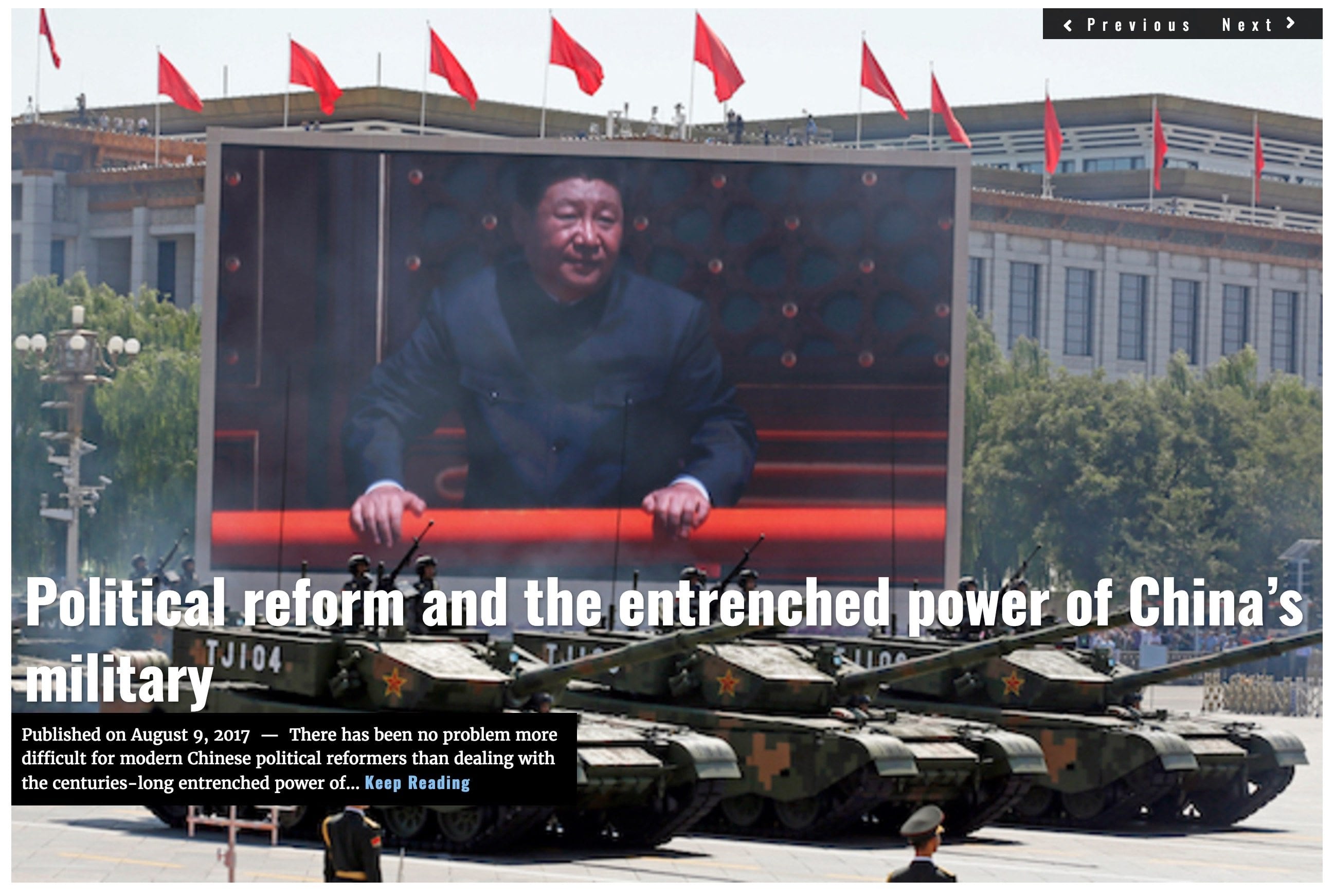
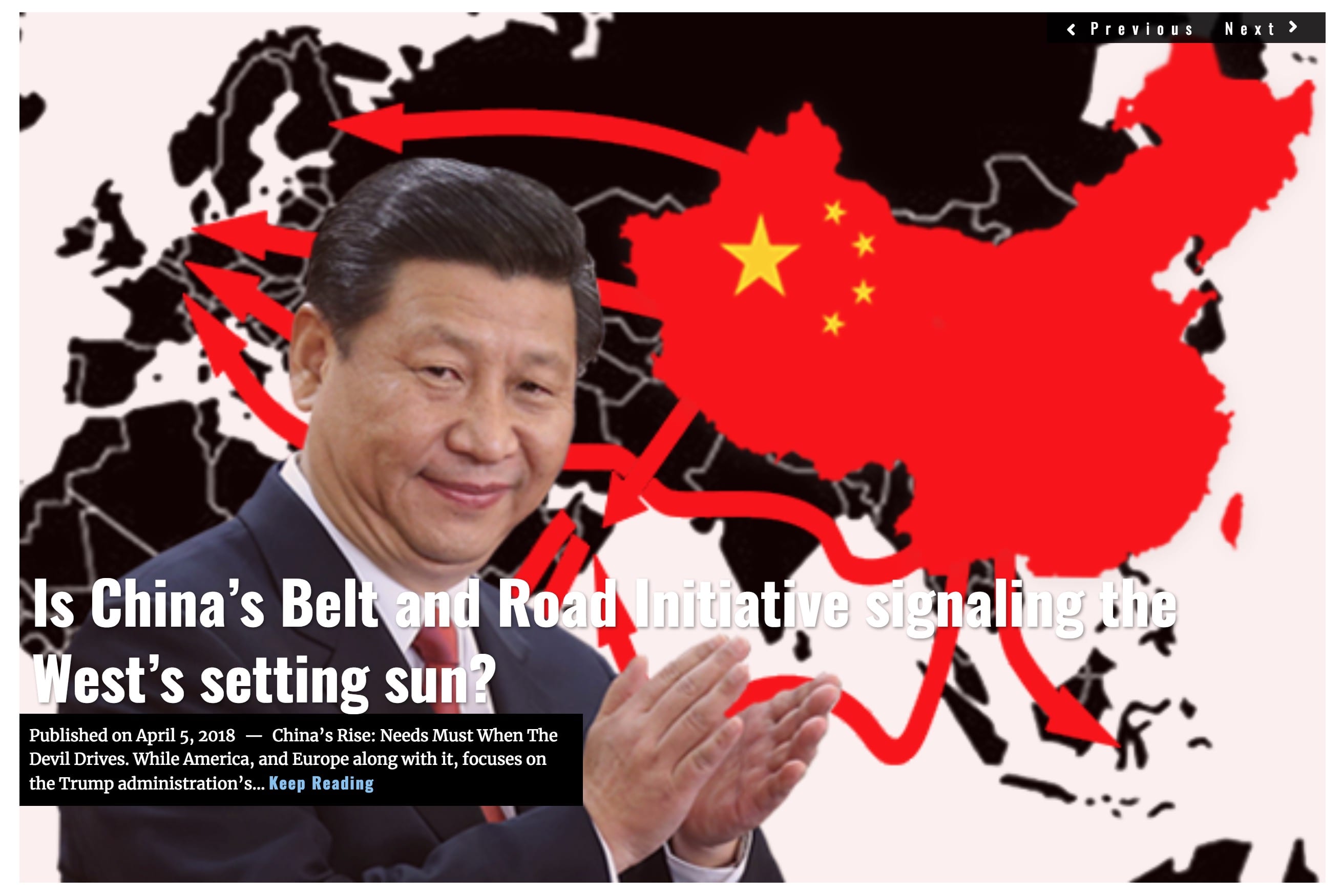
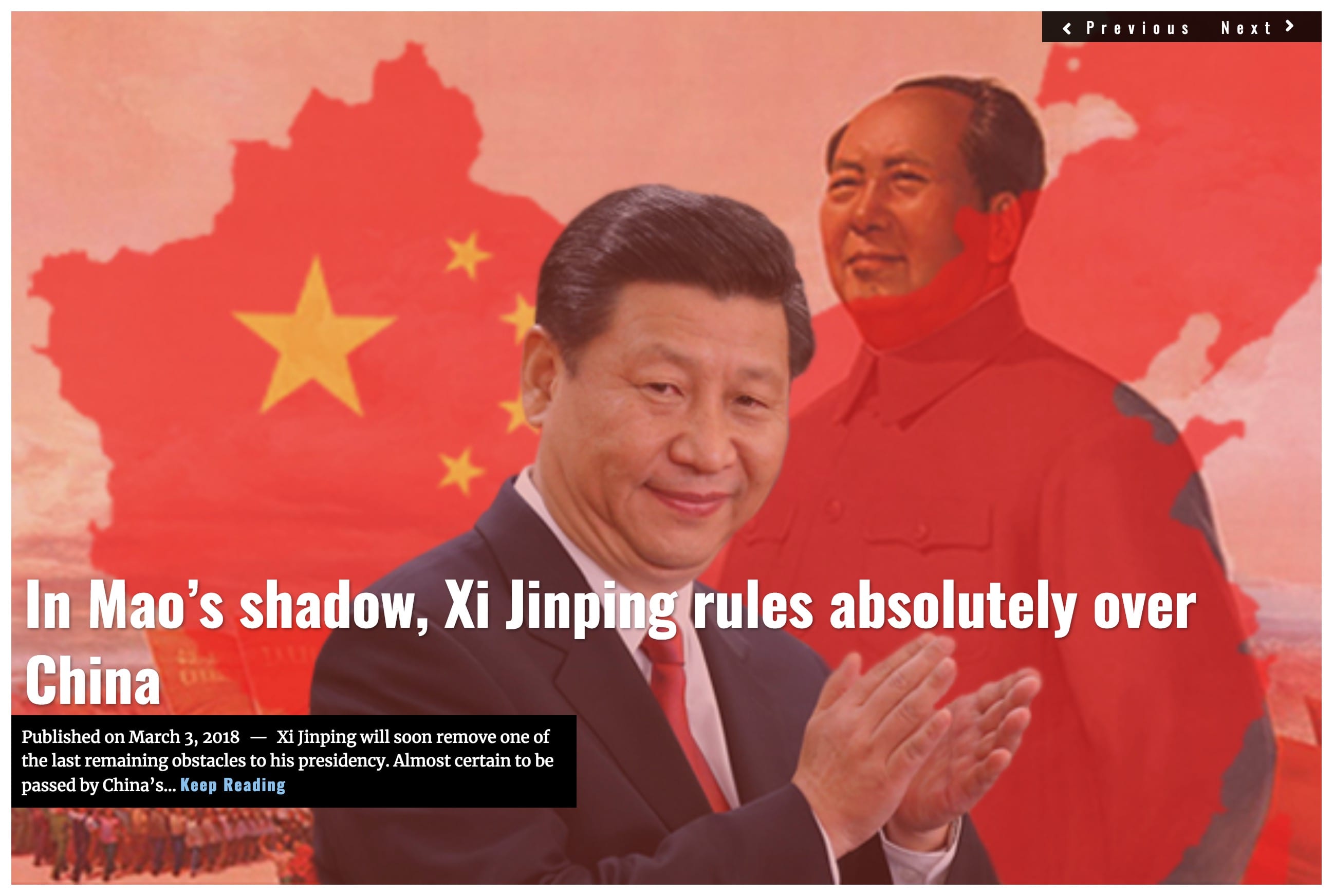
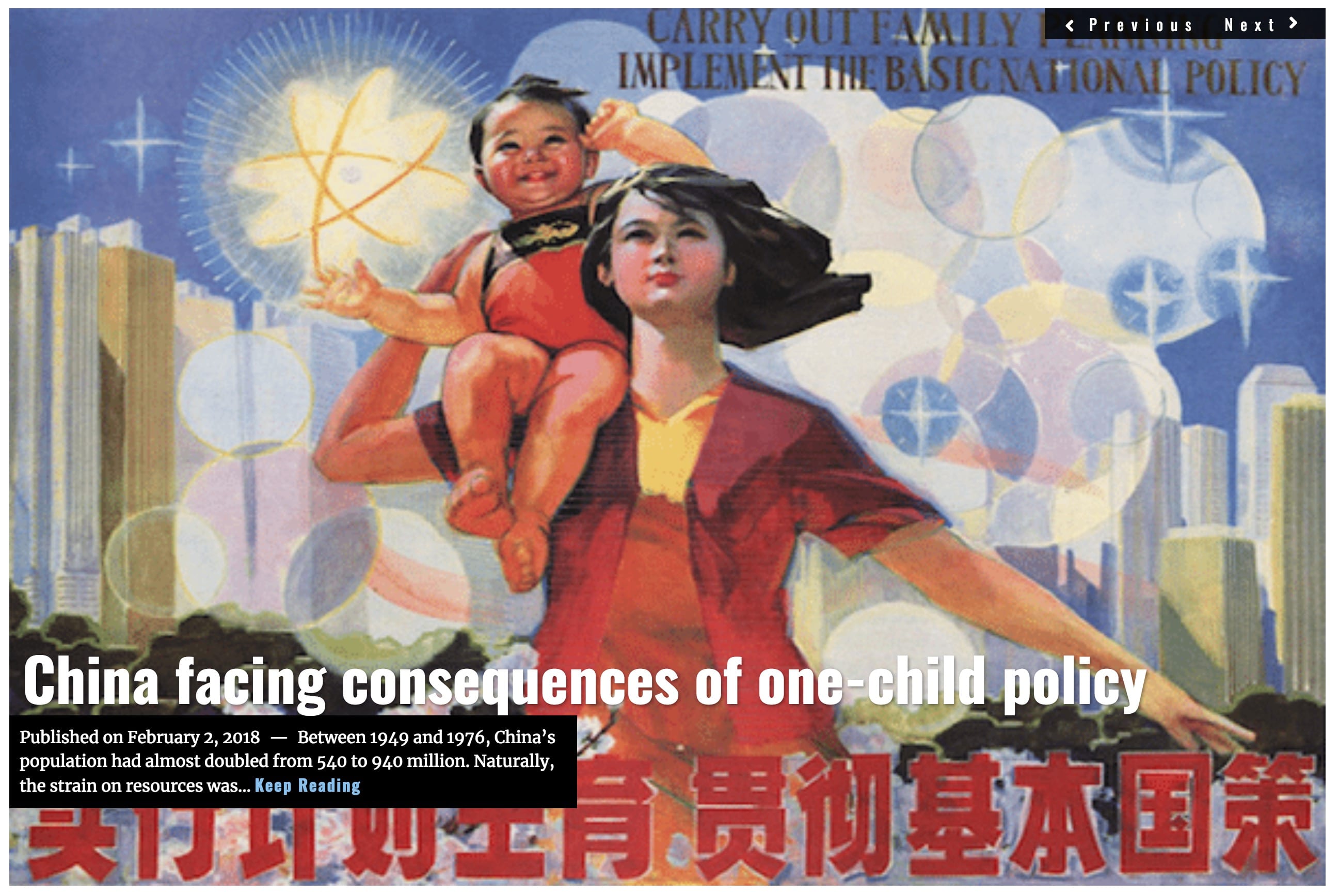
![image Resistance mounts against China's President Xi Jinping [Lima Charlie News][Photo: Johannes Eisele / AFP]](https://limacharlienews.com/wp-content/uploads/2018/08/Resistance-mounts-against-Chinas-President-Xi-Jinping-480x384.jpg)
![Image Little choice for Russia and China but to link up [Lima Charlie News]](https://limacharlienews.com/wp-content/uploads/2018/09/headlineImage.adapt_.1460.high_.russia_china_opinion_052114.1400674740238-480x384.jpg)


![Blossoming Russo-Turkish alliance leaves U.S., NATO behind [Lima Charlie News]](https://limacharlienews.com/wp-content/uploads/2019/07/Russia-Turkey-alliance-leaves-U.S.-NATO-behind-480x384.png)

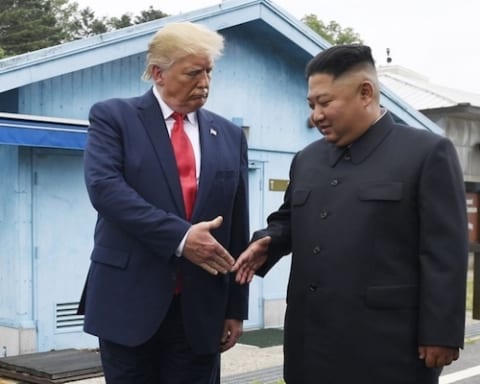
![image Resistance mounts against China's President Xi Jinping [Lima Charlie News][Photo: Johannes Eisele / AFP]](https://limacharlienews.com/wp-content/uploads/2018/08/Resistance-mounts-against-Chinas-President-Xi-Jinping-150x100.jpg)
![Image Little choice for Russia and China but to link up [Lima Charlie News]](https://limacharlienews.com/wp-content/uploads/2018/09/headlineImage.adapt_.1460.high_.russia_china_opinion_052114.1400674740238-150x100.jpg)